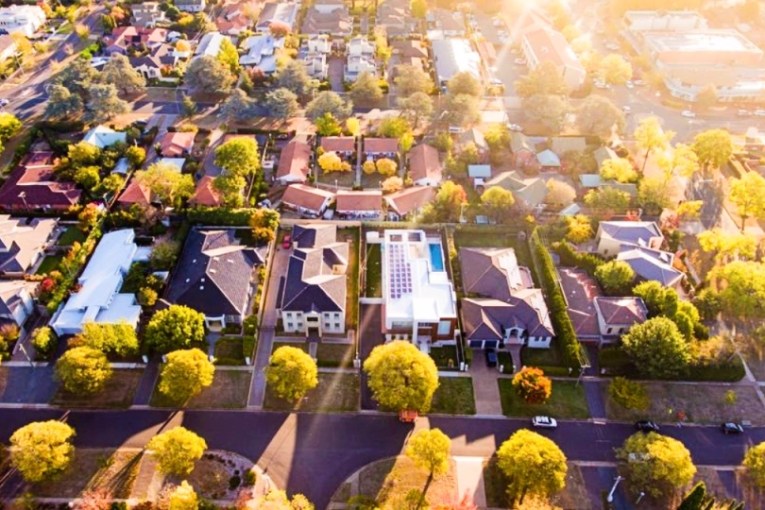Motorists to get only mild relief after oil price drop


The price drop in crude oil would translate to about 4 cent per litre reduction if the oil companies were to pass it on in full. Photo: Getty
International crude oil prices have finally dropped, but that won’t mean Australian motorists will reap large benefits at the bowser – and petrol retailers are largely to blame.
On Tuesday, the price of Brent crude oil dropped to US$75.54 a barrel from a sustained peak of about US$80 a barrel.
This follows the announcement by Saudi Arabia’s energy minister Khalid Al-Falih on Friday that the country – the world’s biggest oil exporter – will consider bolstering oil production to address concerns of falling supply from Iran and Venezuela.

Source: Nasdaq
The crude oil price decline would mean an estimated retail petrol price drop of about 4 cents per litre, general manager of Fueltrac Geoff Trotter told The New Daily.
This should reduce the retail petrol price down to a maximum of $1.58 per litre within a month, he said.
Petrol prices almost hit a four-year high after reaching $1.62 per litre between May 24 and May 27 in the five capital cities – Brisbane, Sydney, Melbourne, Adelaide and Perth.
While this is a “welcomed” price drop, it is “highly unlikely” that all motorists will enjoy the full 4 cents per litre price reduction, Mr Trotter said.
Firstly, retailers are not legally obliged to scale down petrol prices simply because the price of crude oil has dropped.
Crude oil prices determine about 50 per cent of the petrol price in Australia, according to a report by the Australian Competition and Consumer Commission (ACCC).
Secondly, there’s not yet strong enough price competition across Australia, Mr Trotter said.
“There’s good price competition in Adelaide, Melbourne, Sydney and Perth. In Brisbane, there’s not good price competition. In Hobart and Darwin, there’s virtually no price competition.”
If oil companies were to pass back the full benefit, it would take on average 27 days for Sydney, 30 days for Melbourne, 40 days for Brisbane, 22 days for Adelaide and seven days for Perth to see a reduction in the price per petrol by 4 cents per litre, Mr Trotter said.
Either way, motorists in Hobart and Darwin “won’t see a cent of it” as “there is no significant independent price competition in those two cities”.
Whenever US crude rises, retailers in Australia increase the petrol price. Whenever there’s a decrease, service stations in Hobart and Darwin “pocket it as extra margins”, Mr Trotter said.
The ACCC should be given powers to regulate retail petrol prices in Australia, he said.
“All the ACCC can do now is jump up and down and complain … but they can’t do anything about it,” Mr Trotter said.
“They would need the powers to regulate maximum retail petrol prices in Australia, which would mean that whenever there were price drops in crude oil, they would have to be passed through to motorists.”
On June 22, the Organisation of the Petroleum Exporting Countries (OPEC) and Russia will meet in Vienna to discuss raising the oil output by one million barrels per day.
If oil production increases are ratified, the price of crude oil could fall to about $60 a barrel, Mr Trotter said. That would translate to $1.46 per litre at the petrol pump.
RACQ spokeswoman Lucinda Ross said she “expects” the softening of global oil prices will have positive flow-on effects.
“This is good news for drivers.”
However motorists are still encouraged to buy oil from the cheapest service station in their area, Ms Ross said.
Coles Express sells the most expensive petrol prices across the five major capital cities, a recent study found. Motorists will benefit from filling up at 7-Eleven, BP, Caltex and less-known retailers.
Shopping around for the cheapest petrol price is “so important to increase competition”, Ms Ross said.
“Even if a service station is only a cent or two per litre less than the others, give your support to that service station.
“We want to try to use people power to drive down the price of fuel.”







